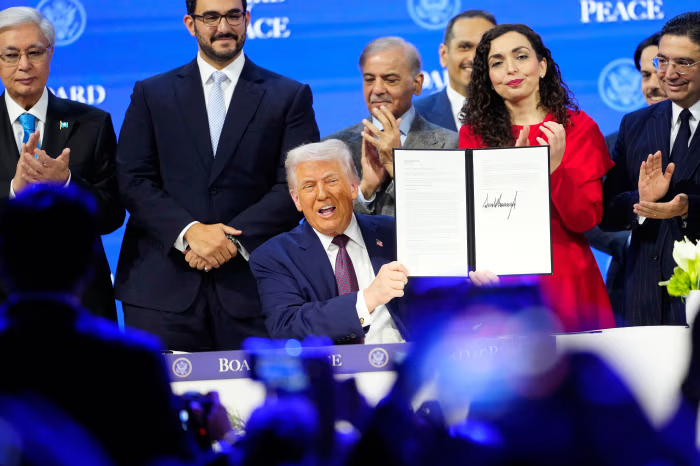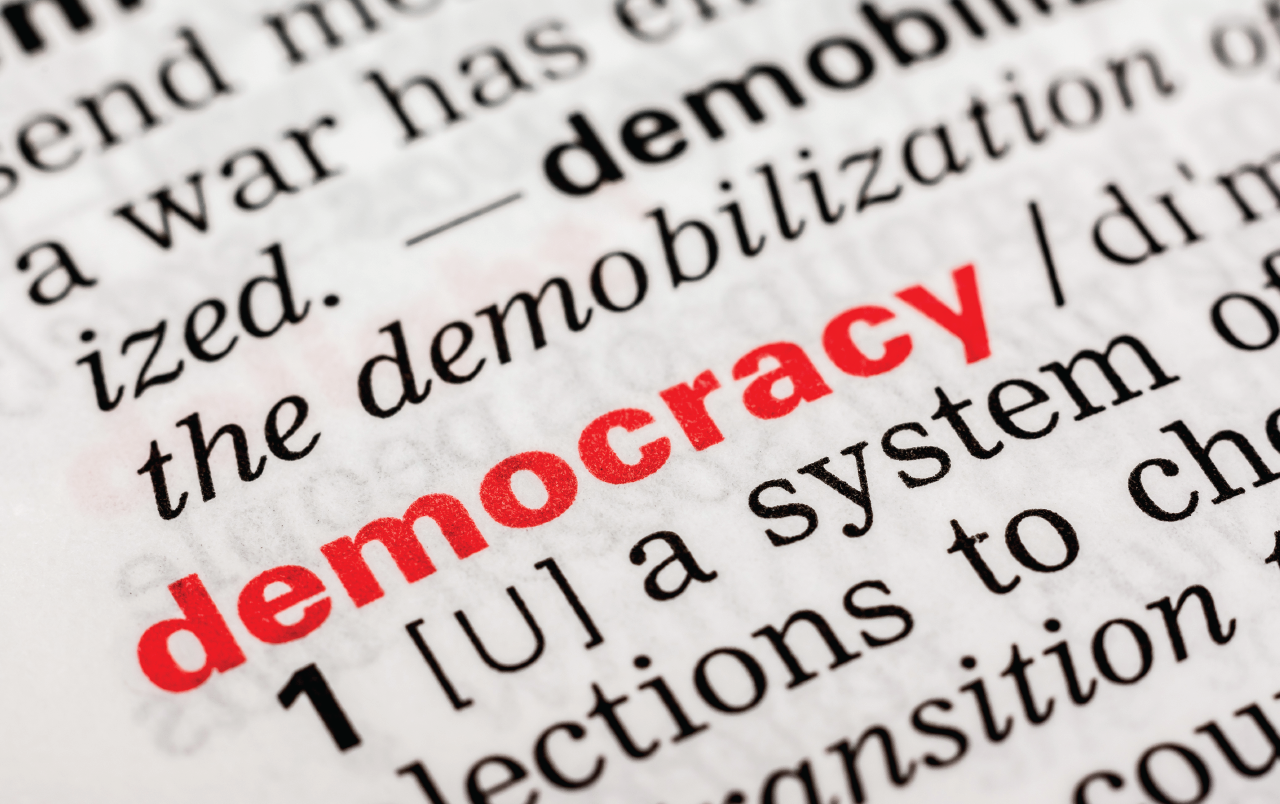Editorial
Political parties do indeed lean heavily on the bureaucracy. This stems not just from historical inertia but also from the parties’ own weaknesses. Underdeveloped grassroots networks and a lack of internal expertise make them ill-equipped to handle governance complexities. The bureaucracy, despite its limitations, offers a semblance of stability and continuity amidst frequent government changes. However, this convenient crutch comes at a cost.
The Pakistani bureaucracy, built for a bygone era, struggles to adapt to the demands of modern governance. The rigid structure stifles innovation, and skills often fall short in areas like public participation, data-driven decision-making, and policy analysis. Furthermore, internal issues like red tape, corruption, and lack of accountability further impede progress.
Attributing the entire “governance crisis” to the bureaucracy is overly simplistic. Political instability, characterized by frequent government changes, disrupts long-term planning and consistent implementation. A weak rule of law, fostering an environment of impunity, allows both politicians and bureaucrats to operate without proper accountability. Additionally, limited public participation weakens the demand for good governance.
Instead of pinning the blame on a single actor, we must recognize the interconnected nature of the problem. Solutions require a collaborative approach that addresses the weaknesses of both political parties and the bureaucracy. Parties need to invest in internal democracy, grassroots mobilization, and training to develop policymaking capacity and reduce dependence on bureaucrats. Initiatives like performance-based incentives, capacity building, and robust anti-corruption measures are crucial to enhance efficiency and accountability within the bureaucracy.
Increased access to information, grievance redressal mechanisms, and participation opportunities can hold politicians and bureaucrats accountable and demand better governance.
While solely pinning responsibility on the political executive is unhelpful, their leadership is undeniably crucial. They must move beyond simply reacting to crises and adopt a proactive approach. Facilitating dialogue and collaboration between all stakeholders – bureaucracy, civil society, and academia – is essential for designing and implementing effective reforms. Articulating a clear vision for good governance and establishing measurable performance benchmarks for both political parties and the bureaucracy provides a roadmap for progress. Holding both parties accountable for meeting these benchmarks fosters a culture of continuous improvement and incentivizes effective governance practices.
Concludingly, addressing the complex governance challenges in Pakistan necessitates a collective effort that transcends blame and embraces collaboration. Only by strengthening both political parties and the bureaucracy while empowering citizens can we navigate the intricate labyrinth toward achieving true good governance.
Please, subscribe to the YouTube channel of republicpolicy.com















